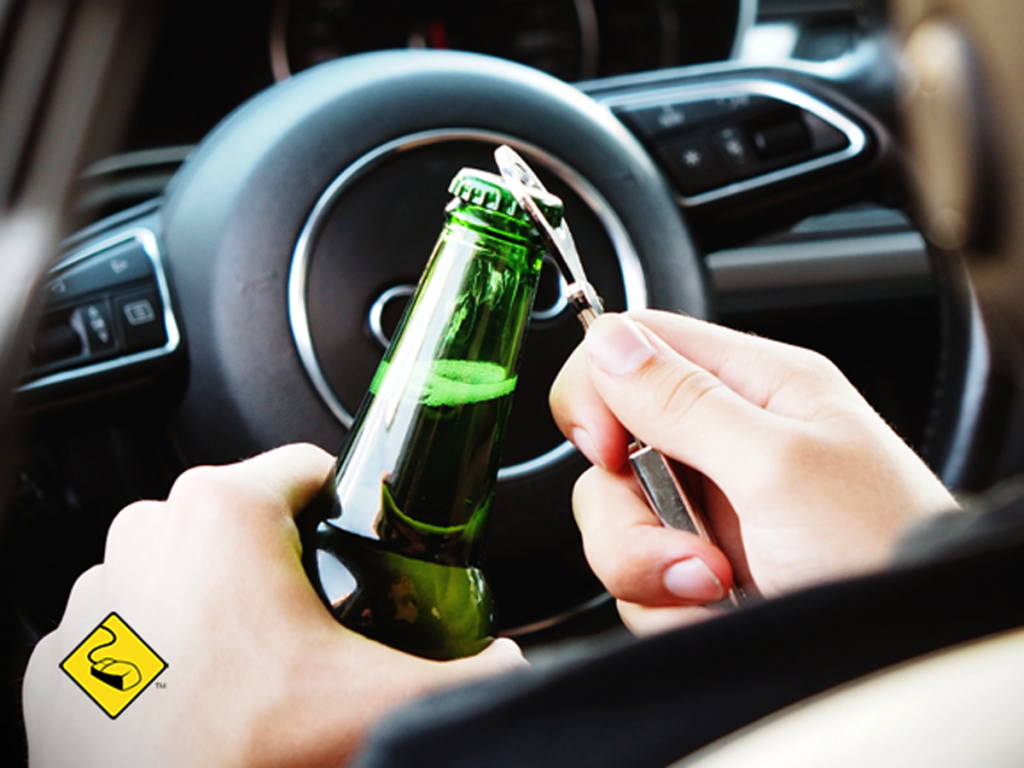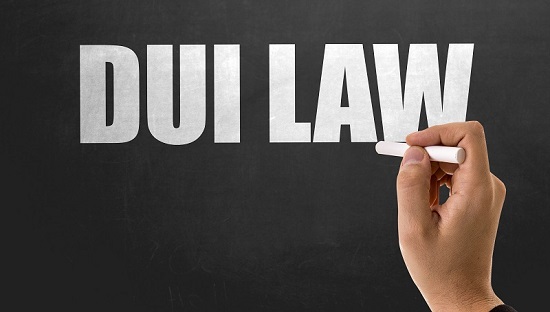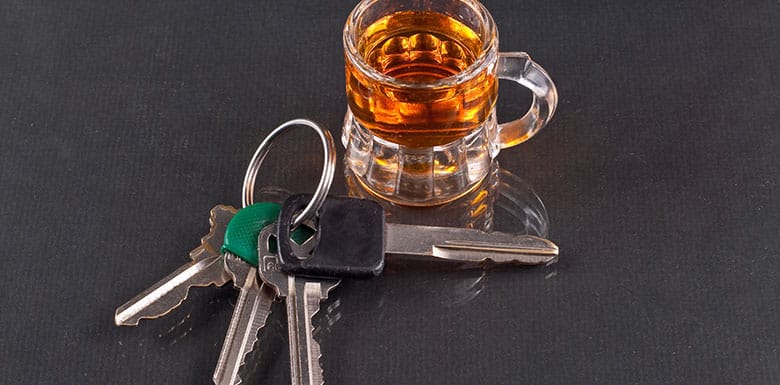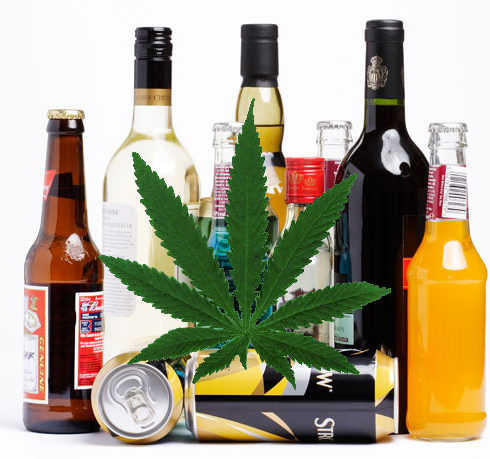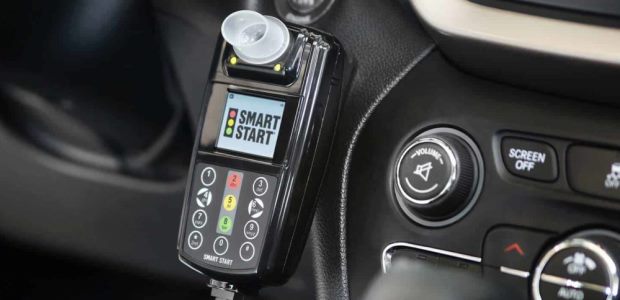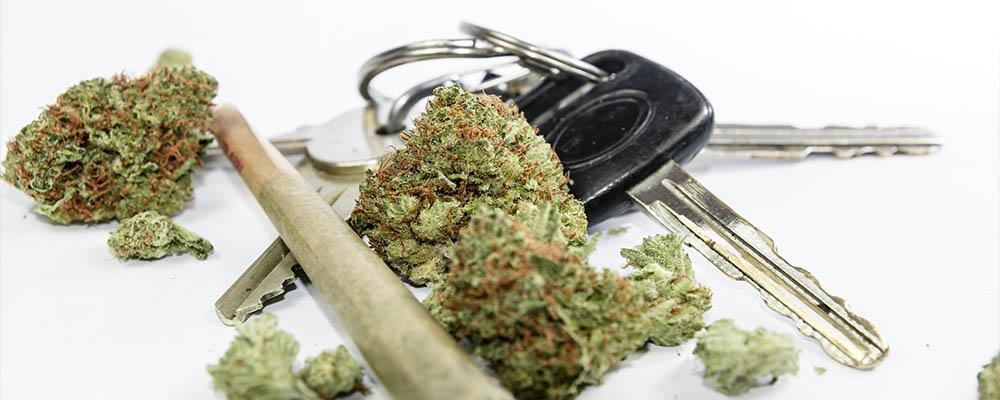
Yes, I’ve blogged on this before – the passage of Washington Initiative 502 (I-502) and its impacts on DUI investigations. Consider this Part II of an ongoing discussion.
Under I-502, it is now legal to possess marijuana in small amounts. Undeniably, this opens many legal issues for motorists suspected of Driving Under the Influence of Marijuana, typically called “Drug DUI,” “stoned driving” and/or “DUI-D.” What are the legal limits of THC consumption? How do officers obtain proof of Drug DUI? How does I-502 affect minors charged with Drug DUI? What are the consequences of refusing an officer’s attempts to obtain proof of DUI-D?
Under I-502, the legal limit for THC is 5.00 nanograms. Officers obtain THC readings from blood tests administered in hospitals. Consequently, I-502 gives law enforcement officers more incentive to transport citizens to a hospital and seek a blood test if the officer suspects Drug DUI. Citizens refusing the blood test shall be charged with an upper level “Refusal” DUI for violating RCW 46.20.308, which is Washington’s Implied Consent Law. Worse, an officer now has discretion to immediately seek a warrant for a citizen’s blood. With warrant in hand, the officer may obtain a blood test from the citizen anyway, despite the citizen’s prior refusal.
Under RCW 46.20.308, which is Washington’s Implied Consent statute, the citizen’s license, permit, or privilege to drive will be revoked or denied for at least one year. Refusal of the blood test is also admissible in a criminal trial. In the case of minors, I-502 imposes zero tolerance.
In short, the impacts of I-502 are extremely egregious. Fortunately, there’s also a lot of room for error on the part of law enforcement officers charging citizens with Drug DUI. Some of these issues – in the form of defenses – are as follows:
(1) Why did the officer initiate the pullover?
(2) Was the officer trained as a Drug Recognition Expert?
(3) What is the officer’s probable cause for arresting someone for Drug DUI?
(4) Was the citizen informed of the Implied Consent Law?
(5) What constitutes a Refusal?
(6) How did the officer obtain a warrant for a blood test?
(7) Did a licensed medical professional draw the blood?
(8) Can the Prosecutor establish the chain of custody showing who took the blood, who sealed it, and who tested it? And more, are these individuals available to testify?
(9) How does being charged with DUI-D affect citizens who are licensed to smoke marijuana; citizens who probably have elevated levels of THC in their blood anyway?
These issues, and more, affect the outcome of your case. Immediately consult an experienced criminal law attorney like myself if you’re facing Drug DUI charges.
Please contact my office if you, a friend or family member are charged with a crime. Hiring an effective and competent defense attorney is the first and best step toward justice.
